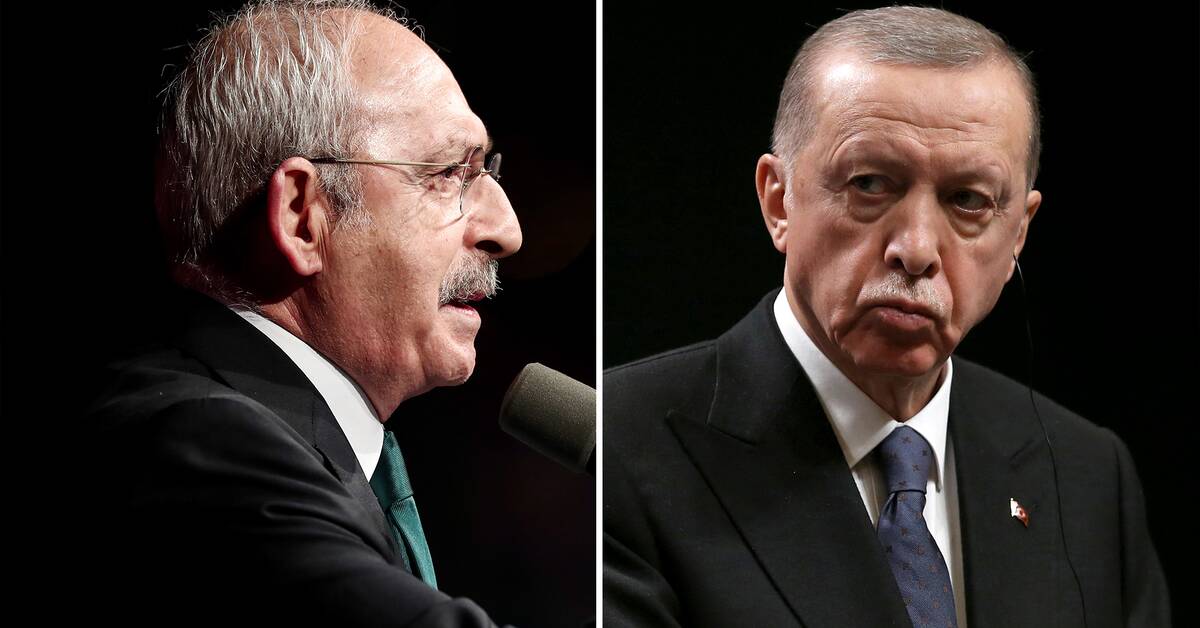On Sunday, 28 May, the decisive round of the Turkish presidential elections will be held.
"This election has come to be perceived almost as a referendum on the country's future and direction," says Aras Lindh, analyst at the Swedish Institute of International Affairs.
It is between incumbent President Recep Tayyip Erdogan, AKP, and opposition leader Kemal Kilicdaroglu, CHP.
"It is an advantage Erdogan, but a lower turnout could change the outcome of the election," says Aras Lindh.
And which direction the country chooses can affect relations with the rest of the world.
– Turkey wants to establish itself as a regional and global power, they are not as big as they wish they were, but they have definitely carved out a role for themselves, says Aras Lindh.
Migration an important election issue
Both candidates want Syrian refugees in the country to return, and here the relationship with Bashar al-Assad will matter.
"The effort to try to restore some kind of normality in the relationship has already been begun by the AKP government. And that's something the CHP has said you're going to have to keep doing if you win. If refugees are to be able to return to Syria, some type of relationship must be in place, says Aras Lindh.
And on the migration issue, Erdogan has profiled himself as a little more humane and said that you should take care of your neighbors "temporarily", according to Aras Lindh.
"There are probably many who think that Kilicdaroglu is the more democratic choice, but in his alliance he is dependent on a nationalist party and in the second round he is dependent on the third candidate's voters," he said.
And the outcome of the migration issue could affect relations with the EU – see more in the video.

